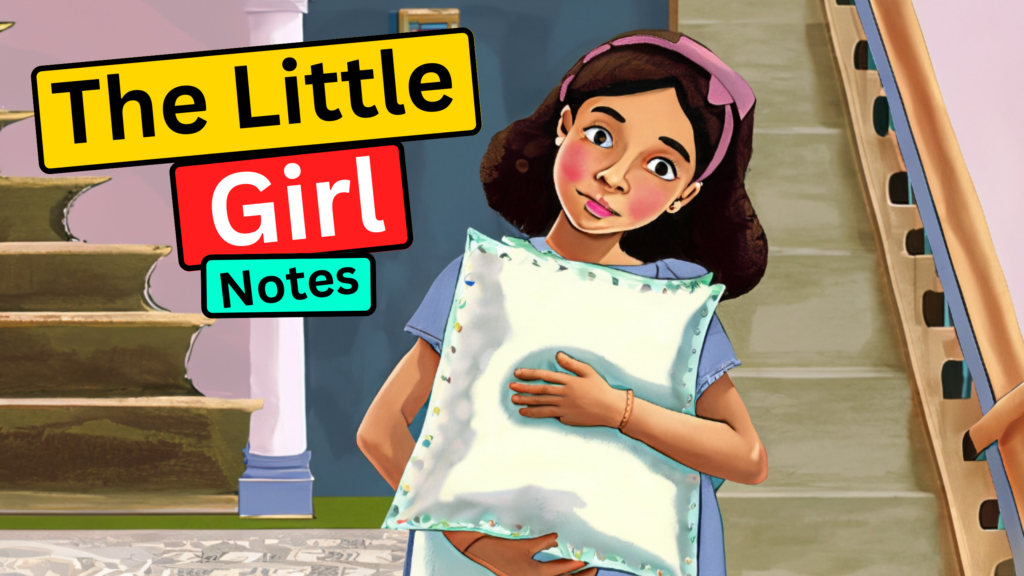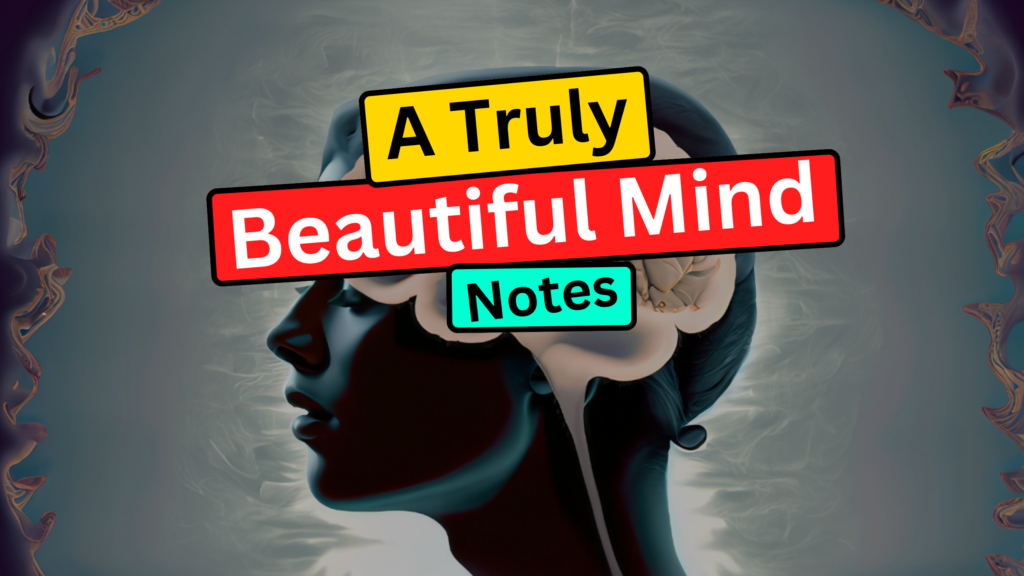Summary

The poet expresses his resolve to travel to Lake Isle of Innisfree by repeating the word “go” in the first line. The poet predicts that after awakening, he will travel to the island of Innisfree. He appears to be dissatisfied with his mundane lifestyle in the city. He would construct a small house on the island out of clay and watles (fences). In addition to having a hive for honey, he would grow nine rows of beans. The hive’s resident honeybees will fill the area with a buzzing noise. The poet in this passage plans to live alone on the stunningly beautiful island. All of this is just a poet’s sweet fantasy born out of disdain for contemporary living.

To express his true motivation for leaving his current way of life, the poet uses the word “peace” twice in the first line. Peace will gradually arrive to him from the morning. The sound of crickets singing will awaken him. According to the poet, peace can be found everywhere in the countryside. It happens as naturally as the sunrise in the morning. Morning lifts her veil of gloom as the sun rises, bringing tranquilly to Innisfree. The poet would hear the crickets singing in the morning. He would observe the violet sky at noon and the brilliant sky at midnight. The sound of a linnet flapping its wings would be heard by the poet in the evening. The poet appreciates how midnight’s star glimme in this stanza.

The poet uses the word “peace” twice in the first line to convey his true motivation for leaving his current way of life. He will gradually experience peace starting in the morning. He will be roused by the sound of crickets singing. The poet writes that there is peace everywhere in the country. It takes place as naturally as the morning sunrise. As the sun rises, morning lifts her veil of gloom, bringing calm to Innisfree. Early in the morning, the poet could hear the crickets singing. He would watch the brilliant sky at midnight and the violet sky at noon. The poet would hear the sound of a linnet flapping its wings in the evening. The poet admires how the star of midnight glistens in this stanza.





